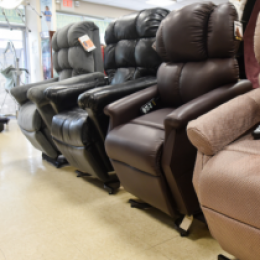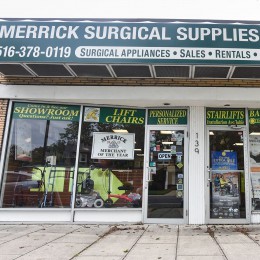
Hospice and palliative care not only provide relief to patients, but also allow them and their loved ones to have a sense of comfort and assurance. We’re all about spreading awareness about these types of care, whether it be for the beginning of a serious illness or towards the end. People providing care in this field are highly trained and will not only help improve the quality of life for your loved ones, but also for the current caregiver. The caregiver is usually a family member, and they are often overworked and exhausted. Below, we will discuss what hospice and palliative care are and how they can help when the unexpected happens.
Hospice
Hospice is a type of medical care that is used for patients when they’re nearing the end of life. Hospice nurses and care providers are there for treatment, management and clarification to keep the patient as comfortable as possible. While hospice is typically used when a patient has 6 months or less to live, this can still lift a huge weight off the family’s shoulders to help them focus on their loved ones as they are passing. This also allows family members to reflect on positive memories and what really matters at this time, and not having to worry about their loved one’s health as much as they would have had to without the help of hospice. Here is a list of some of the many services that hospice typically provides to patients:
- Pain management to keep them comfortable
- Grief & loss counseling for the patient and their loved ones
- Short-term care to provide relief for the caregiver
- Medication to control symptoms/manage pain
- Dietary counseling
- Physical & occupational therapy
- Medical equipment & supplies
Palliative Care
This type of care can be used at any time during the course of a chronic illness, disease or disability. It is provided to patients by highly trained medical caregivers to help relieve pain and other stressful symptoms, both mental and physical. Any way that these caregivers can help improve the quality of life of their patients, they will be there to help. Here are a few common things that patients under palliative care can take advantage of.
- Assistance in daily activities
- Mental support
- Physical support
- Emotional & spiritual support
- Management of health side effects
While facing all of the tough decisions that come with the death or serious illness of a loved one, you shouldn’t also be faced with taking full responsibility of managing their health. Whether it be palliative care or hospice that you’re needing, both are great options to allow you the quality time you need with your loved one. Merrick Surgical also carries many options in medical equipment to keep your loved ones safe and comfortable. If you’re looking for these supplies, reach out to us for help and know that we’re here for you every step of the way.





0 comments